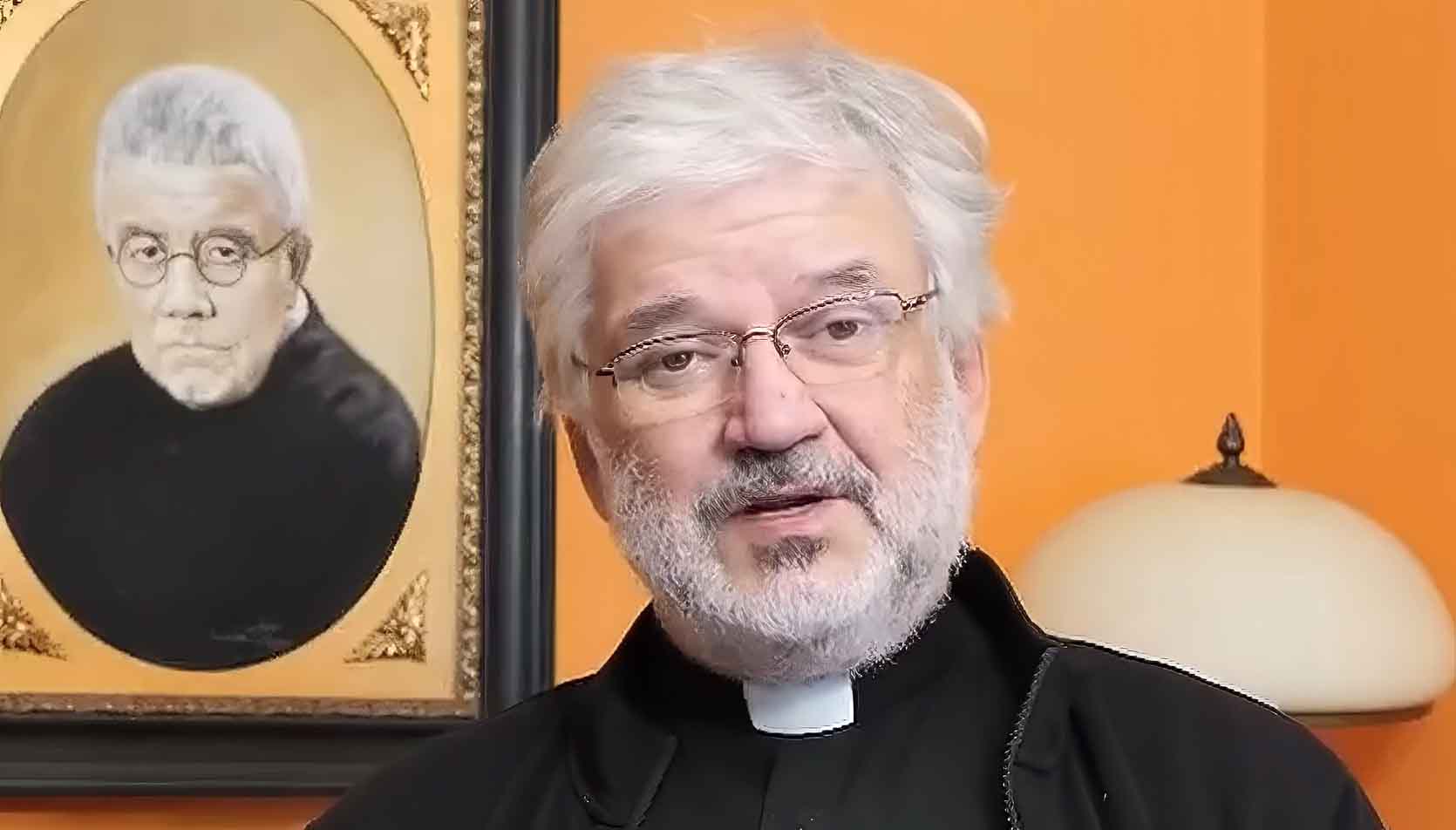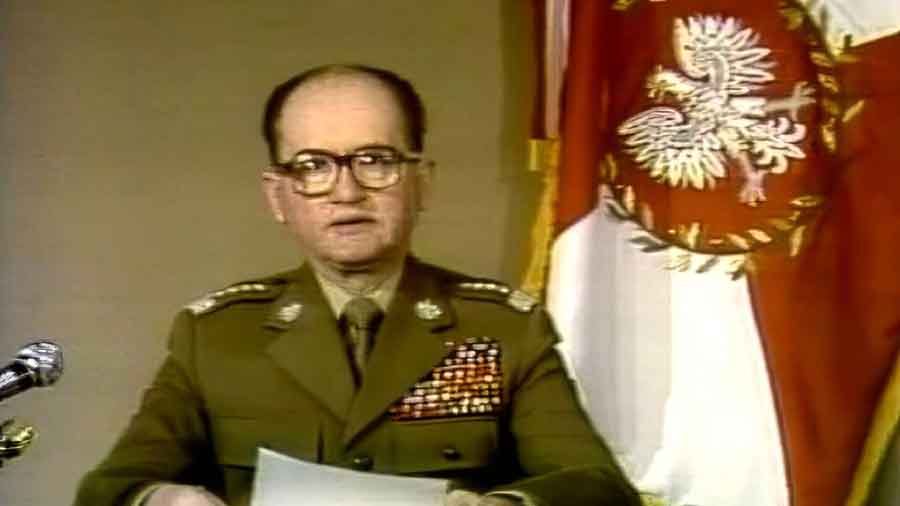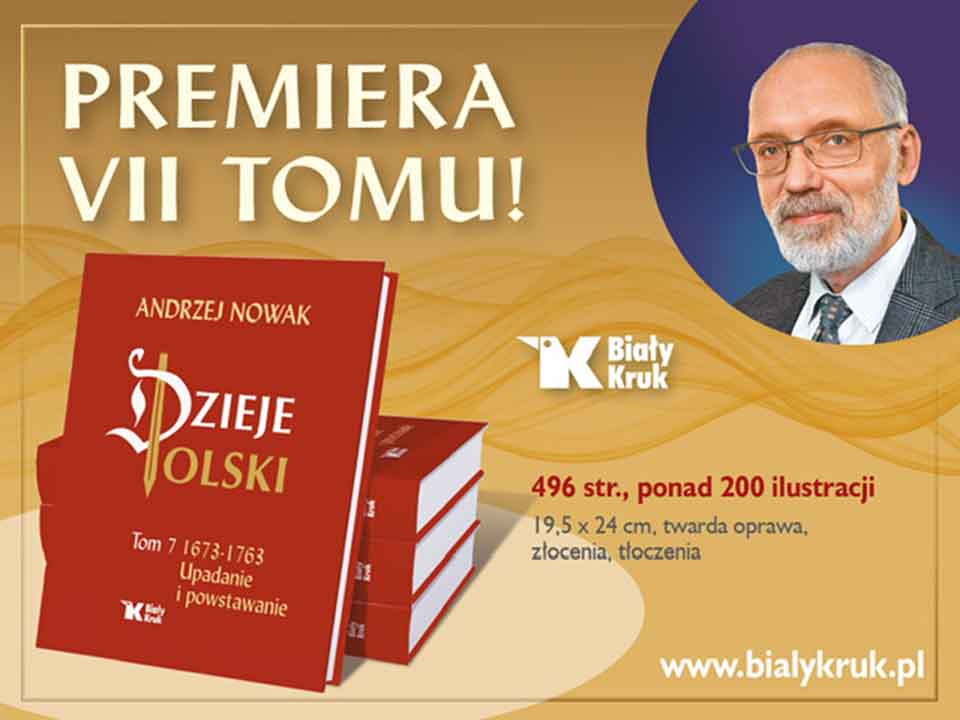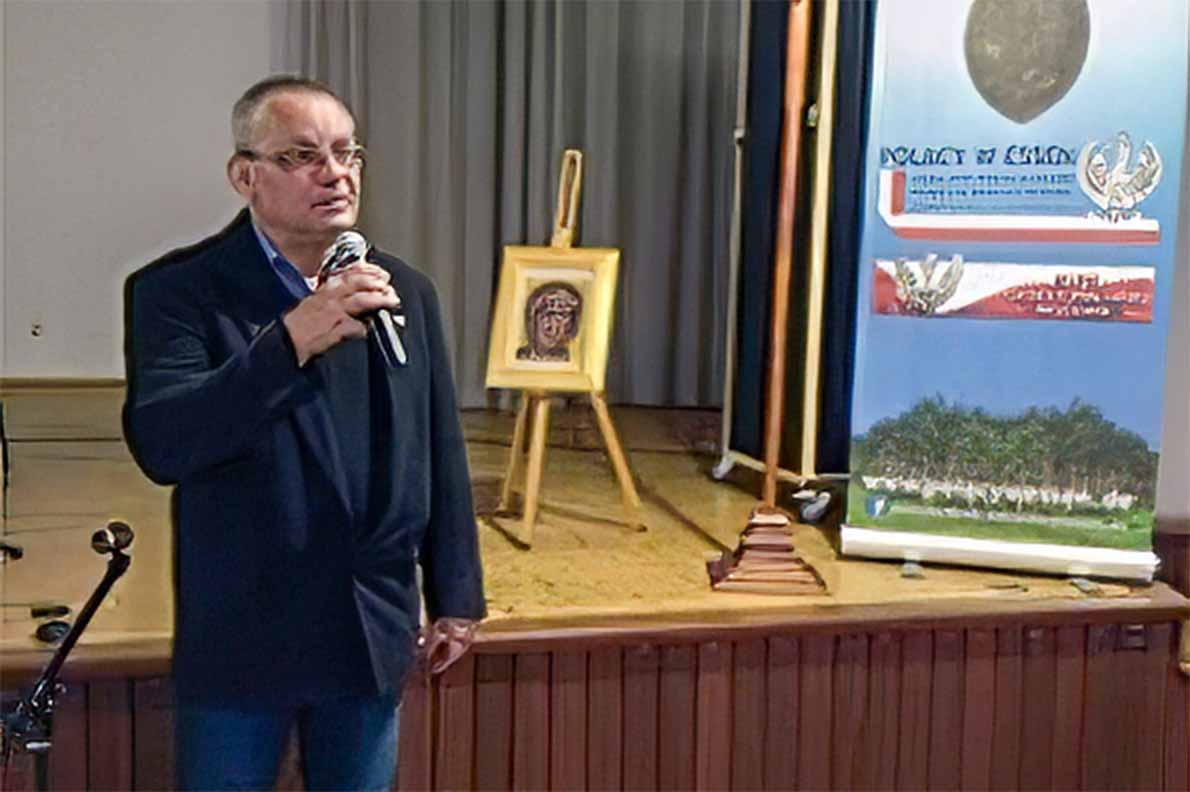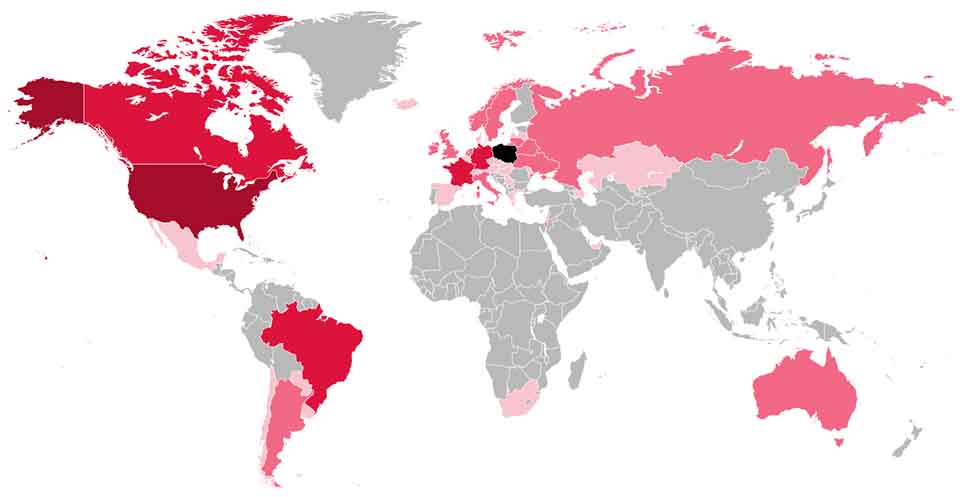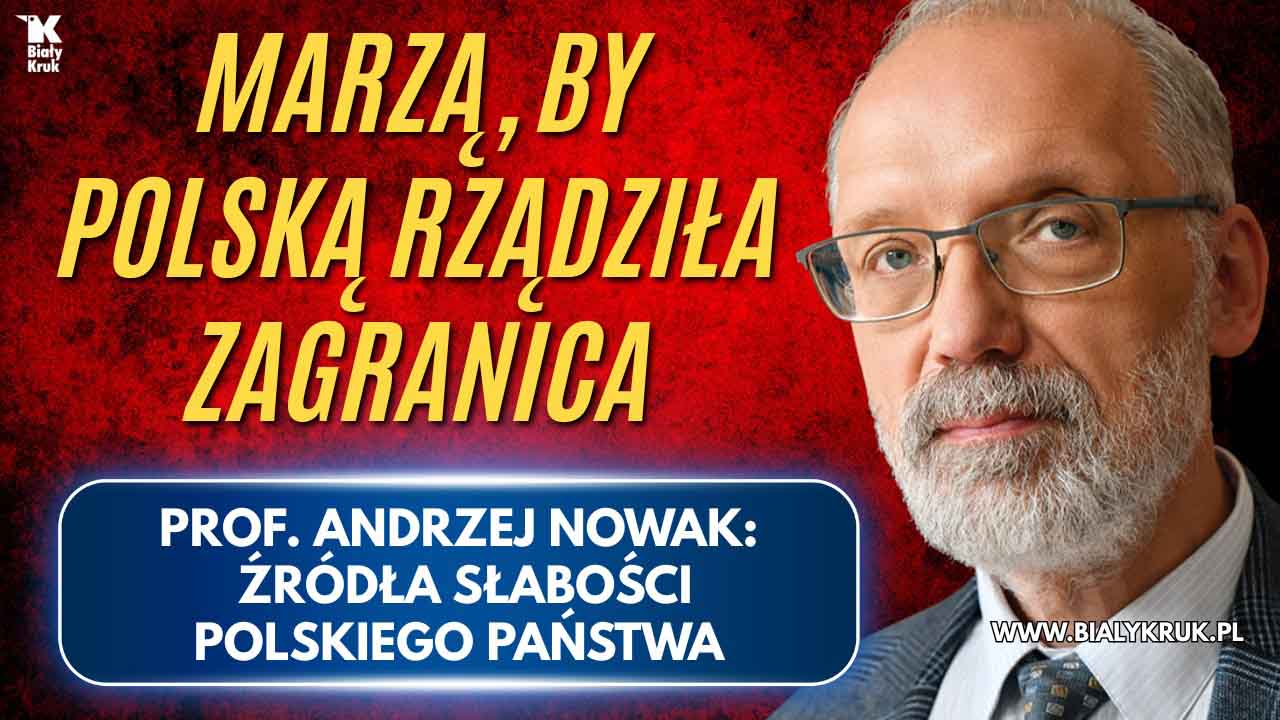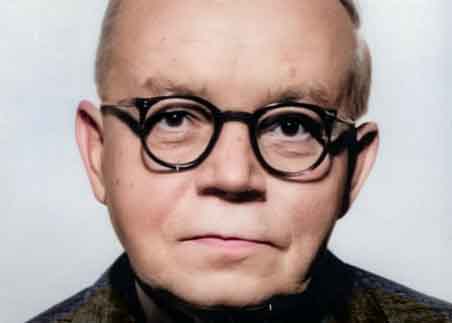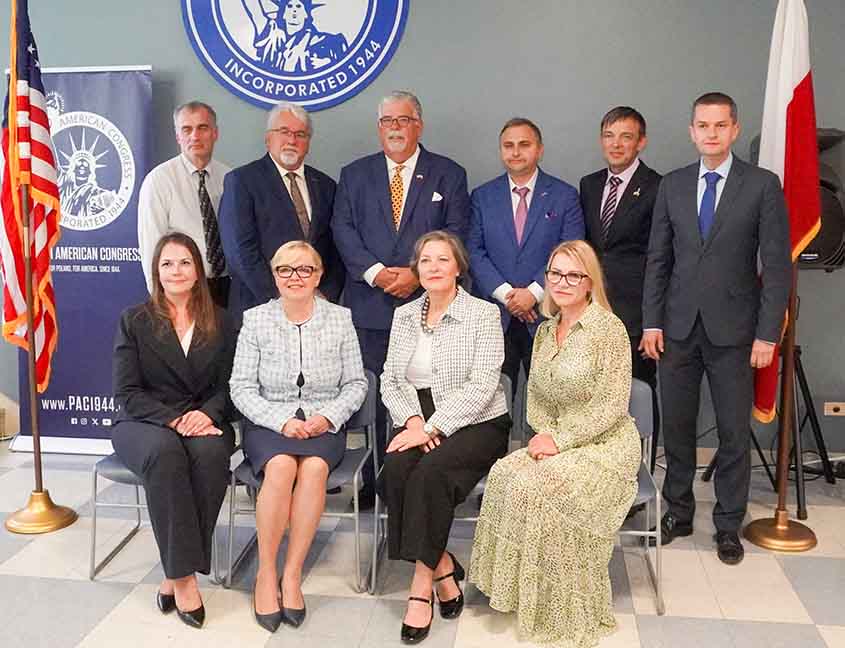Christmas Eve in Poland is more than just dinner: fasting, the wafer, the first star, an empty plate, and twelve dishes all combine to create a ritual that blends faith, ancient superstitions, and familial tenderness. Where do these customs come from, how do they differ from region to region, and why do they taste even more intense in exile?
Read more... Reading time 18 min.Can faith be more than tradition and habit? Father Robert Skrzypczak leads the reader into the depths of Christianity, revealing the real presence of God, the power of the sacraments, and a hope capable of surviving the spiritual crisis of the modern world.
Read more... Reading time 3 min.For those who yearned for freedom, the communist regime had batons, tear gas, and internment centers. However, it failed to crush the Poles' spirit of freedom.
Read more... Reading time 5 min.The Polish diaspora possesses billions of dollars in capital, knowledge, and influence, which Poland has failed to capitalize on for years. A lack of stable institutions, trust, and professional tools block the inflow of investment. The presented strategy demonstrates how to transform the diaspora into a viable partner in the country's development.
Read more... Reading time 11 min.Why the industrial comeback and tariff wars won't undo the effects of 1990s globalization. We connect deindustrialization, the "China Shock," AI, and geopolitics to reveal a new, more fragmented trade order and debunk the illusion of a straightforward return of old jobs.
Read more... Reading time 11 min.In a pre-release interview, Professor Andrzej Nowak reminds us that without understanding the past, it's impossible to grasp contemporary crises and challenges. The seventh volume of History of Poland is a riveting story about the era of John III Sobieski and the Saxon times – about the falls, illusions, and the spiritual strength of a nation that, despite everything, managed to rise again.
Read more... Reading time 3 min.The story of Wojciech Kusy – an oppositionist, Solidarity activist and tireless animator of Polish community life in Essen – is a story of loyalty to Poland, grassroots work and patriotism that does not need grand words.
Read more... Reading time 7 min.Donald Trump's tariff wars evoke strong emotions and dangerous historical analogies, but their meaning is ambiguous. The text demonstrates that tariffs are part of a deeper shift in the global trade order, great-power rivalry, and the US's strategic game in the era of the decline of the old globalization.
Read more... Reading time 7 min.The Polish diaspora, numbering over 20 million people, represents a huge, yet currently marginalized, potential for the state. Why did the Polish diaspora disappear from public debate after 1989, and what systemic barriers block its real participation in Poland's politics, economy, and diplomacy?
Read more... Reading time 6 min.Prof. Andrzej Nowak, who has completed the 7th volume of the monumental "History of Poland" series, in the following recording shares his reflections on the times described in the part titled "Falling and Rising."
Read more... Reading time 4 min.The fate of Tadeusz Katelbach demonstrates that a nation lives on in its people, not in documents. Born in enslaved Poland, he fought for its freedom his entire life—as a soldier, activist, diplomat, and émigré journalist. His biography is a testament to his unwavering patriotism.
Read more... Reading time 7 min.Reports of the supposed "exceptional effectiveness" of Polish in artificial intelligence tests have sparked both widespread enthusiasm and consternation. Does Polish truly stand out from other languages, or is this just media overrepresentation? It's worth sorting out the facts, separating emotions from data, and looking at the matter from a broader perspective.
Read more... Reading time 7 min.In light of Paderewski's historic words and the challenges of today, the Polish American Congress faces the need for profound modernization and a re-establishment of its role. The presented strategy points the way for renewal—from digitalization and professionalization to new leadership and effective representation of the interests of the Polish community in the United States.
Read more... Reading time 6 min.



